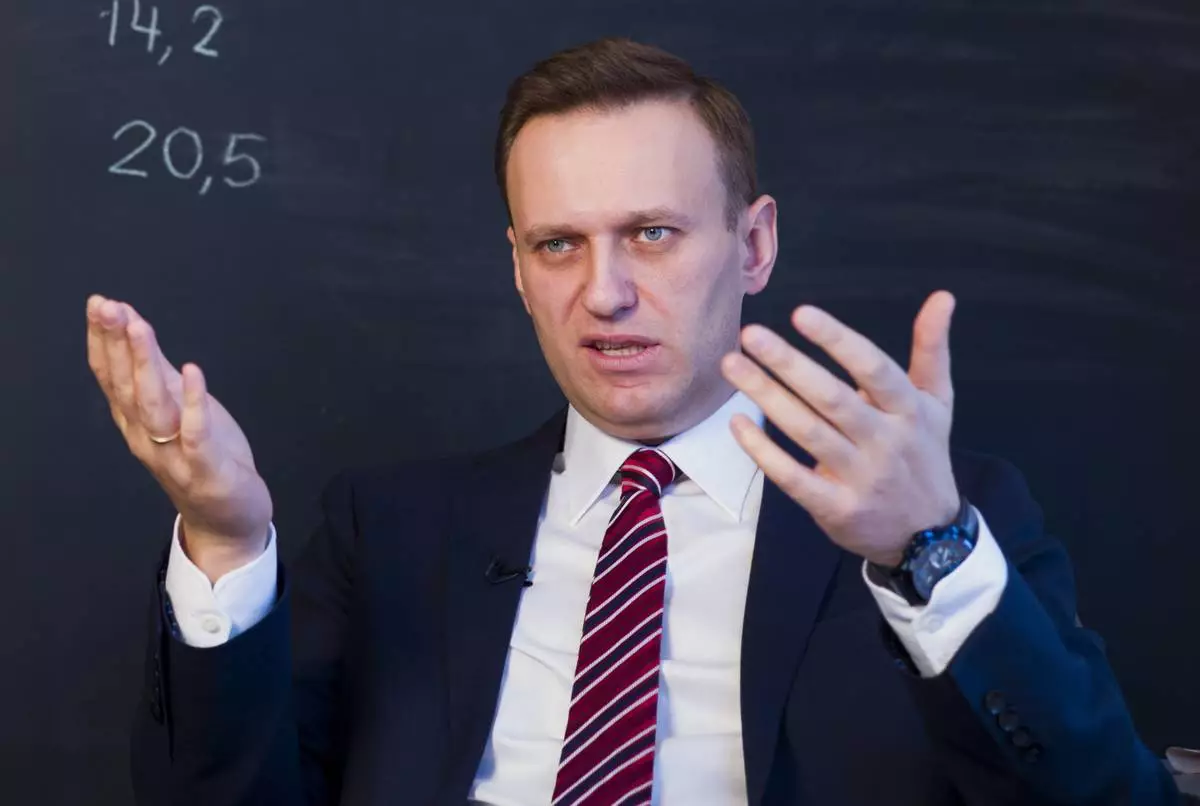Not since Faye Dunaway shouted "La La Land!" has an Oscar announcement caused quite as much chaos as the Academy of Motion Picture Arts and Sciences decision to create a new Academy Awards category for "outstanding achievement in popular film."
The film academy's surprise announcement Wednesday proved remarkably unpopular, at least among film critics and some academy members. Actor Rob Lowe pronounced the Oscars dead, "survived by sequels, tent-poles and vertical integration."
The other new changes were met with a mix of praise and grumbling. Many applauded the dramatic move up the calendar to February 9 in 2020. Perhaps inevitable was the move to shrink the broadcast to three hours and remove some categories from the live telecast.

FILE - In this Feb. 6, 2017 file photo, an Oscar statue is places inside the ballroom at the 89th Academy Awards Nominees Luncheon in Beverly Hills, Calif. When the Academy of Motion Pictures Arts & Sciences announced changes to next year’s Oscars broadcast, including the controversial creation of a “popular film” category, it prompted a host of questions about what this means for the world’s biggest awards show. (Photo by Danny MoloshokInvisionAP, File)
But Hollywood now finds itself contemplating a very awkward popularity contest.
WASHINGTON (AP) — U.S. intelligence officials have determined that Russian President Vladimir Putin likely didn’t order the death of imprisoned opposition leader Alexei Navalny in February, according to an official familiar with the determination.
While U.S. officials believe Putin was ultimately responsible for the death of Navalny, who endured brutal conditions during his confinement, the intelligence community has found “no smoking gun” that Putin was aware of the timing of Navalny's death — which came soon before the Russian president's reelection — or directly ordered it, according to the official.
The official spoke on the condition of anonymity to discuss the sensitive matter.
Soon after Navalny’s death, U.S. President Joe Biden said Putin was ultimately responsible but did not accuse the Russian president of directly ordering it.
At the time, Biden said the U.S. did not know exactly what had happened to Navalny but that “there is no doubt” that his death “was the consequence of something that Putin and his thugs did.”
Navalny, 47, Russia’s best-known opposition politician and Putin’s most persistent foe, died Feb. 16 in a remote penal colony above the Arctic Circle while serving a 19-year sentence on extremism charges that he rejected as politically motivated.
He had been behind bars since January 2021 after returning to Russia from Germany, where he had been recovering from nerve-agent poisoning that he blamed on the Kremlin.
Russian officials have said only that Navalny died of natural causes and have vehemently denied involvement both in the poisoning and in his death.
In March, a month after Navalny’s death, Putin won a landslide reelection for a fifth term, an outcome that was never in doubt.
The Wall Street Journal first reported about the U.S. intelligence determination.

FILE - Russian opposition politician Alexei Navalny gestures while speaking during his interview to the Associated Press in Moscow, Russia on Dec. 18, 2017. U.S. intelligence officials have determined that Russian President Vladimir Putin likely didn't order the death of Navalny, the imprisoned opposition leader, in February of 2024. An official says the U.S. intelligence community has found "no smoking gun" that Putin was aware of the timing of Navalny's death or directly ordered it. (AP Photo/Alexander Zemlianichenko, File)











